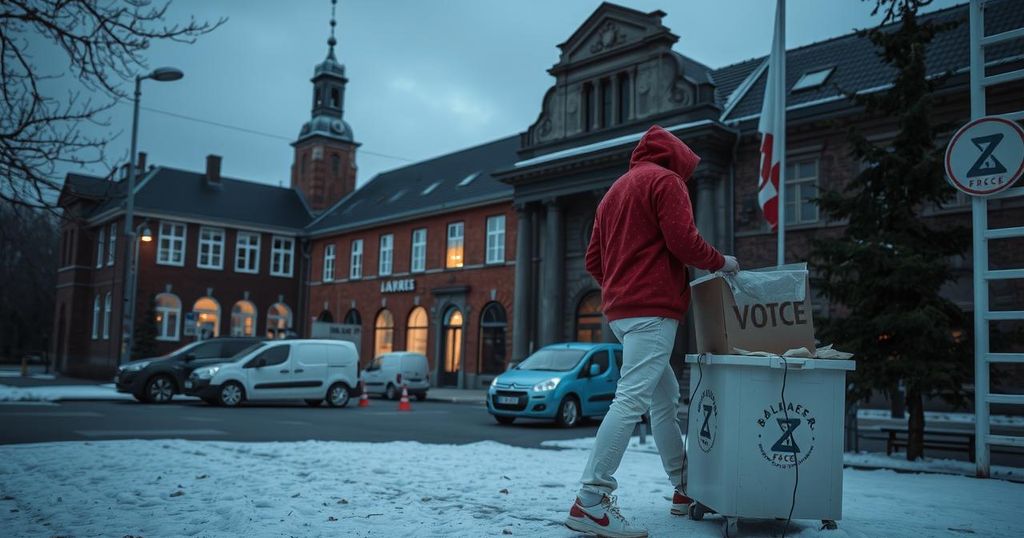Politics
ALICE WEIDEL, ANTISEMITISM, ASIA, BENJAMIN HÖHNE, BRANDENBURG, CHRISTIAN DEMOCRATS, DOMINIK KAUFNER, DW, EUROPE, EUROPEAN IDENTITARIAN NETWORKS, EUROPEAN UNION, GERMANY, LOWER SAXONY, MARTIN SELLNER, NORTH RHINE - WESTPHALIA, PARLIAMENTARY ELECTIONS, POLITICS, POPULISM, SPD, SVEN TRITSCHLER, SYRIA, TECHNICAL UNIVERSITY, WORLD WAR II
Jamal Walker
0 Comments
Impact of Magdeburg Attack on German Political Landscape Ahead of Elections
The recent attack at the Magdeburg Christmas market has drastically influenced political narratives in Germany, with far-right groups, particularly the Alternative for Germany, exploiting the tragedy to advocate for stricter immigration policies. This shift towards prioritizing security risks over holistic immigration discussions raises concerns about potential implications for the upcoming federal elections in February.
On December 22, 2024, a tragic attack at the Christmas market in Magdeburg resulted in numerous fatalities, prompting immediately varying narratives regarding its origin and implications. Initial misinformation suggested multiple attackers linked to the refugee crisis, intensifying the rhetoric from far-right groups, notably the Alternative for Germany (AfD). They capitalized on the event, seeking to shift responsibility towards mainstream political parties, while also framing the incident within their anti-immigration agenda. Key party figures, including Sven Tritschler and Alice Weidel, leveraged the situation, arguing that tighter immigration controls would have prevented such violence. Observers noted a clear rightward shift in German political discourse surrounding security and migration, potentially influencing the outcome of upcoming federal elections set for February. Analysts warned that the recurring theme of security risks would overshadow discussions about labor shortages and skilled migration. Furthermore, foreign influences, including comments from Elon Musk, raised concerns about the politicization of social media in shaping public opinion against the current German government.
The Magdeburg attack is symptomatic of broader challenges facing Germany, particularly regarding immigration and national security. In the aftermath of high-profile violence, right-leaning political factions mark such events as pivotal opportunities to reassert their narratives. Historically, parties like the CDU and CSU capitalized on public concerns regarding safety, but the recent shift towards the AfD indicates a growing public resonance with their hardline stances. The impending federal elections mark a critical juncture where security and migration debates are likely to dominate political discourse, reflecting systemic tensions within German society about integration, safety, and the responses from government institutions.
The Magdeburg attack significantly impacts Germany’s approaching electoral landscape, reinforcing right-wing narratives that intertwine immigration with public safety. The immediate fallout saw a surge in extreme rhetoric from the AfD and supportive figures, calling for stricter immigration policies. Meanwhile, public discourse is increasingly focusing on security issues, often at the expense of discussing immigration’s multifaceted benefits. As the nation prepares for its federal elections in February, the interplay between these narratives and public sentiment will be critical in shaping the political trajectory.
Original Source: www.dw.com




Post Comment